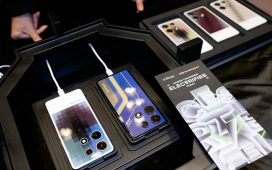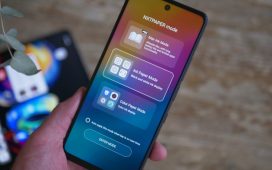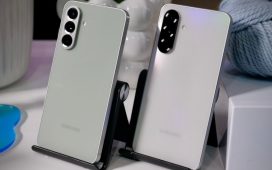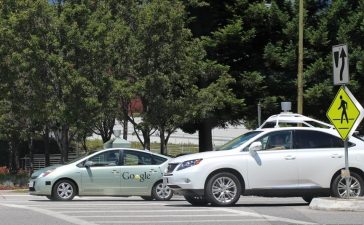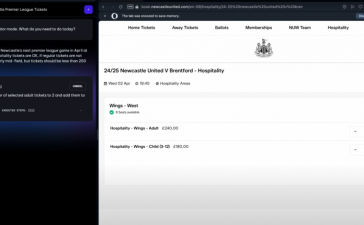Faculty at FIU’s College of Engineering and Computing are leading the development of technology to connect smartphones directly to satellites, enabling high-speed internet access without the use of cell towers and communication bases. The research project is funded by Digital Locations, an innovative satellite communications company.
“This technology is disruptive because it doesn’t exist today,” said Elias Alwan, an associate professor of electrical and computer engineering at the College of Engineering and Computing and principal investigator for the grant. “Our phones do not typically have the capacity to allow for strong wireless links with satellites. We have outlined an idea that could help society overcome this challenge.”
The technology would stand to benefit many. Residents in rural areas could use it to have consistent high-speed internet access. Passengers on a cruise ship could use their phones to make video calls from the open ocean. After a hurricane, the technology could help residents in a city that has suffered damage to its cell towers sustain high-speed communications.
“The radio spectrum is arguably the most valuable natural resource in the world,” said co-principal investigator Arjuna Madanayake, an associate professor of electrical and computer engineering. “We hope to create out- of-this-world technology that offers massive capacity and access on a global scale.”
The technology that FIU is pursuing would allow for direct satellite to smartphone connections using existing devices and potentially current satellite constellations. This has typically been a challenge in the industry and one that will need breakthroughs in areas that FIU has specific expertise, such as circuitry, antenna design and frequency choices.
Alwan is an expert in wireless radios, a National Science Foundation Career Awardee and a recipient of more than $14 million in research grants as a collaborator since arriving at FIU in 2017. Madanayake is an expert in digital radio design and a recipient of multiple grants from government agencies and the National Science Foundation.
“At FIU, we are fortunate to have one of the most fully equipped labs for the research of radio frequency systems in the U.S.,” Alwan said. “Our research team is optimistic about our plan and excited for the opportunity to make this important contribution to the telecommunications industry.”


